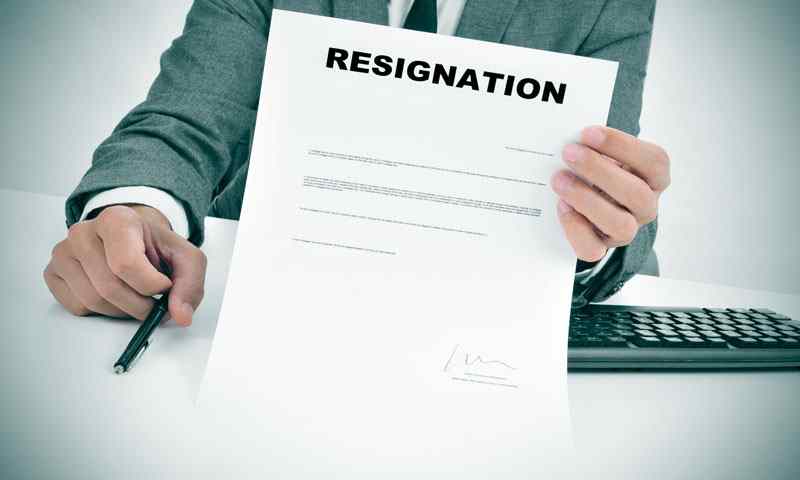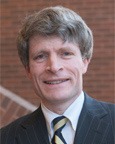
In an email issued by Bickel & Brewer, the representatives of 3M, it was mentioned: “3M believes that Covington & Burling betrayed the most fundamental principles of the attorney-client relationship — the duties of loyalty and confidentiality.”
3M says that by switching sides, Covington & Burling switched their views from arguing that trace amounts of PFCs did not pose any risks to humans to arguing, “exposure to those very same are toxic.”
A statement from Covington’s San Francisco office mentioned, “The 3M complaint against our law firm has the situation completely backwards in suggesting that the firm dropped a long-term client to represent the state … To the contrary, the stat, a long-time client, asked Covington to handle an important lawsuit o which it needed assistance.”
The lawsuit by 3M claims that Covington worked for the company from the 1980s to 2010, during which time, “more than 165 Covington attorneys billed 3M millions of dollars” for various legal matters.”
However, the attorney general’s office says it has worked with Covington for the past 17 years, and the firm agreed to work on the PFC matter for the attorney general’s office only after its work with 3M was finished. According to industry sources, after working to defend 3M’s stance over PFC for years, Covington is knowledgeable about 3M’s position through attorney-client privilege, and would have an unfair advantage if it takes up PFC matters against 3M on behalf of the attorney general.
Though exact terms are not known, sources who know of the deal say that Covington agreed only after having an agreement that the firm would be paid 25 percent of the first $75 million collected from 3M, 20 percent of the next $75 million, and 15 percent of anything over and above $150 million, whether the case goes to trial or not. People say the agreement worked wonders to weaken Covington’s reluctance to go against a former client.





































